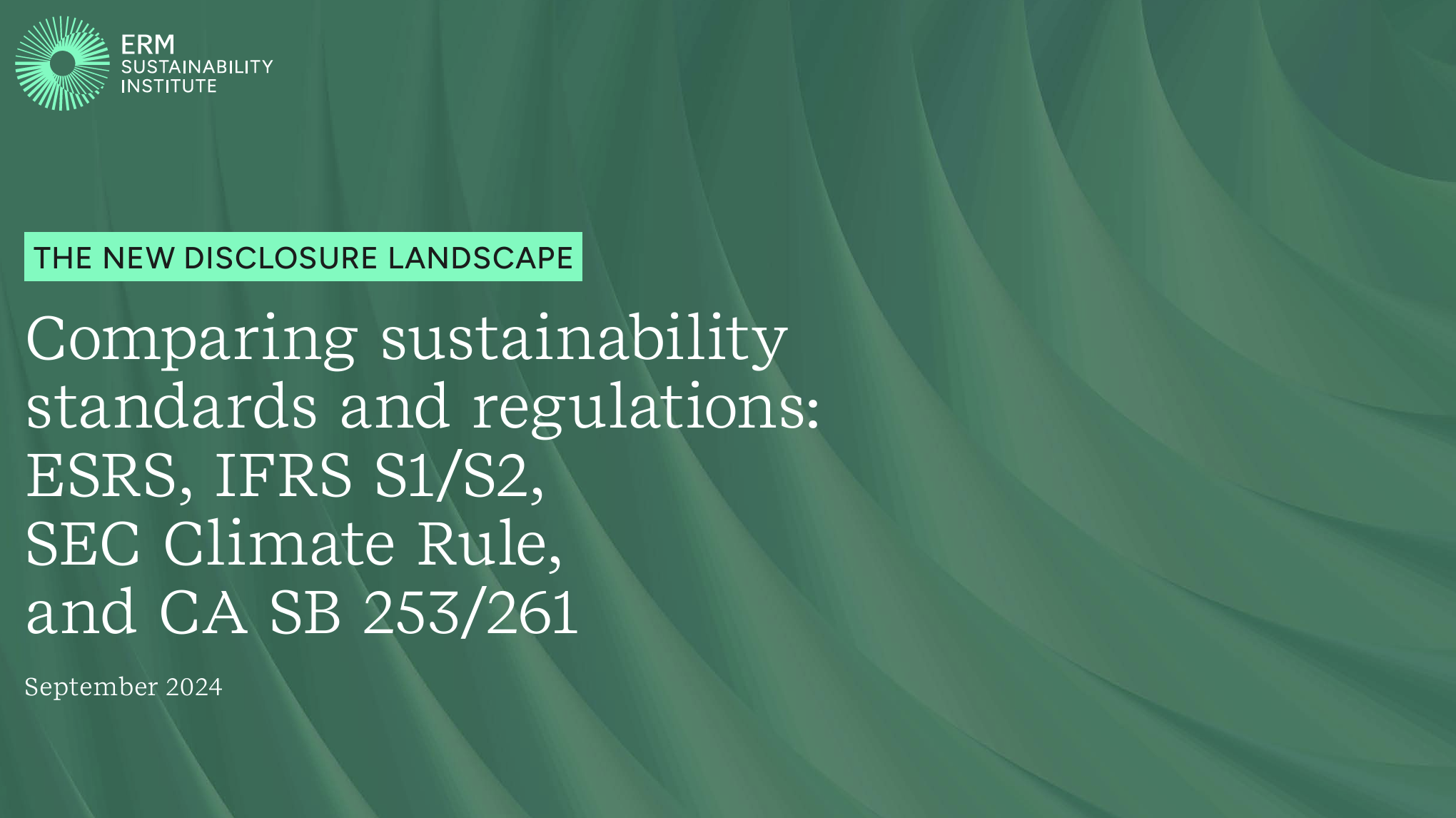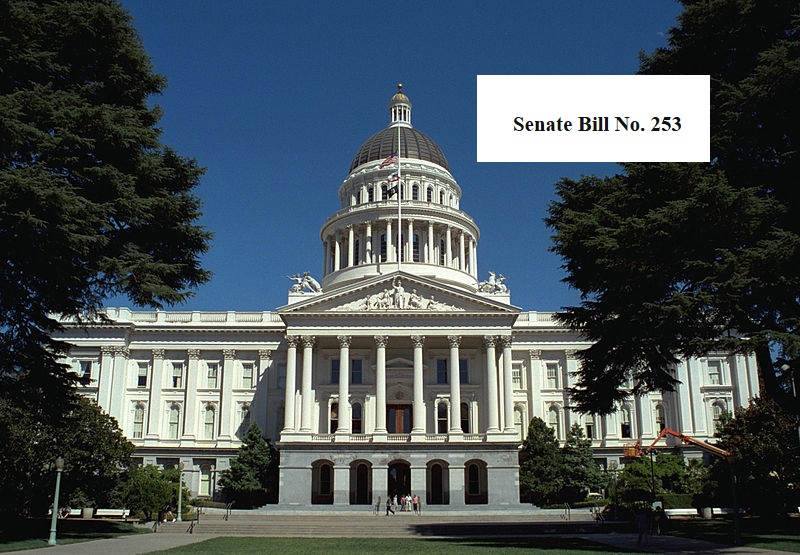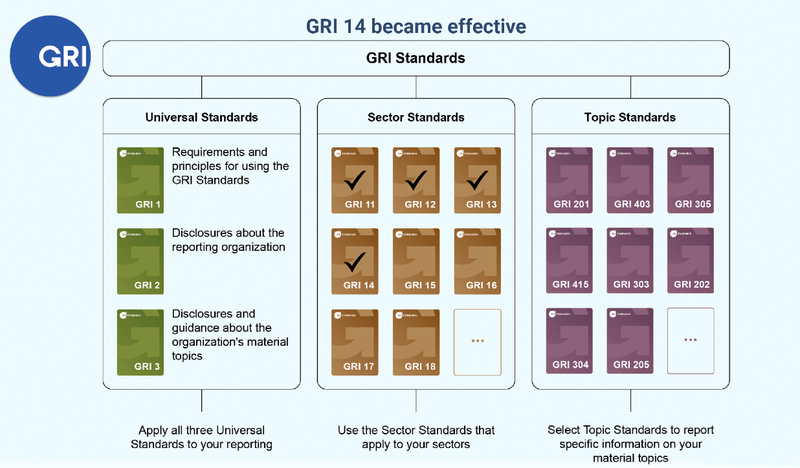GRI Responds to California Climate Disclosure Implementation Process
As California moves forward with implementing landmark climate disclosure legislation, the Global Reporting Initiative (GRI) has weighed in with recommendations to strengthen alignment with international reporting frameworks.

The Global Reporting Initiative (GRI), the world’s most widely used sustainability reporting standard-setter, has submitted its response to the California Air Resources Board (CARB) regarding the implementation of Senate Bills 253 and 261, as amended by SB 219. These landmark climate disclosure laws introduce new reporting obligations for large companies operating in California, focusing on greenhouse gas (GHG) emissions (SB 253) and climate-related financial risks (SB 261).
In its official comments, GRI emphasises that impact materiality reporting is a vital complement to financial materiality. A reporting approach that addresses both the impacts of corporate activities on the economy, environment, and society, and how sustainability issues translate into financial risks and opportunities, offers more comprehensive and decision-useful information for investors, policymakers, and other stakeholders. This dual perspective supports insight into corporate contributions to climate objectives and highlights sustainability impacts that are, or may become, financially material.
GRI’s Key Recommendations to CARB
GRI’s submission underscores the importance of interoperability between California’s disclosure rules and global sustainability frameworks, including GRI Standards, ISSB Standards, and the European Sustainability Reporting Standards (ESRS). Specifically, GRI proposes:
- Recognition of GRI disclosures under SB 253: GRI recommends that CARB accept emissions-related disclosures prepared in accordance with its climate standards – such as GRI 305: Emissions (recently updated to GRI 102: Climate Change) – as compliant with SB 253. Since both GRI Standards and SB 253 are grounded in the Greenhouse Gas Protocol, including its Corporate Accounting and Scope 3 Value Chain Standards, this alignment would enhance consistency across jurisdictions and reduce duplicative reporting. Given the significant number of U.S.-listed companies already using GRI, such recognition would ease compliance burdens.
- Inclusion of GRI-aligned disclosures under SB 261: GRI proposes that CARB encourage companies to incorporate GRI climate disclosures into their SB 261 Climate-Related Financial Risk Reports. This would allow reporting entities to provide a more comprehensive view of short-, medium-, and long-term climate strategies, while facilitating alignment with international frameworks such as ESRS E1 (Climate Change).
Enhancing Global Interoperability and Reducing Reporting Burden
GRI notes that 872 of the 2,340 large U.S. companies already apply its standards – approximately 37% adoption. With increasing global momentum around mandatory ESG disclosures, GRI encourages CARB to permit reporting in accordance with GRI and ISSB Standards as valid compliance pathways to reduce administrative burden and support regulatory consistency.
The organisation also highlights upcoming digital infrastructure, including a new XBRL-based sustainability taxonomy that will facilitate machine-readable, interoperable reporting across jurisdictions.
Preparing for Global Convergence in ESG Reporting
GRI reiterates the need for alignment with evolving international standards. It notes that the CSRD’s “double materiality” model – combining financial risk and impact disclosure – is becoming the global benchmark. Companies “doing business in California” may also become subject to CSRD requirements from 2029, further underscoring the value of harmonisation.
GRI concludes by urging CARB to establish a regular review mechanism to ensure continued alignment with international norms and to avoid regulatory fragmentation. It positions impact materiality not only as complementary to financial materiality, but as essential for fully understanding corporate exposure to, and responsibility for, climate-related risks and impacts.
“We see interoperability between California’s climate disclosure rules, GRI, ISSB, and other leading frameworks as essential,” the submission states, “to ensuring more comprehensive disclosure, minimising reporting costs, and keeping California’s disclosures globally relevant.”



